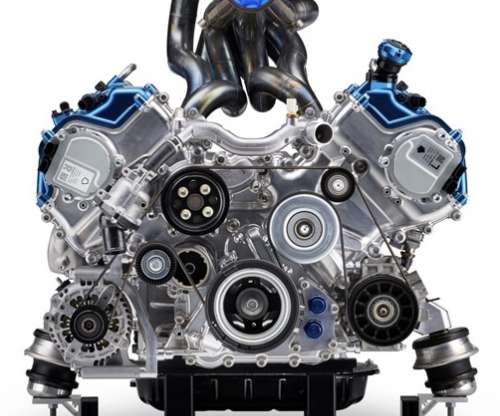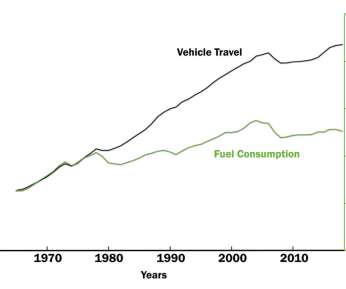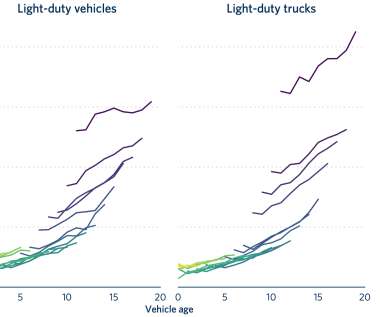Gasoline consumption per capita in 2020 was on par with that in 1965
Green Car Congress
DECEMBER 8, 2021
This analysis examines the effect of this downturn in driving on gasoline consumption (both total and per capita), and places the consumption in 2020 in a historical context. The results show that gasoline consumption per capita in 2020 was on par with that 55 years ago. Total consumption. Total consumption (millions of gallons).



































Let's personalize your content